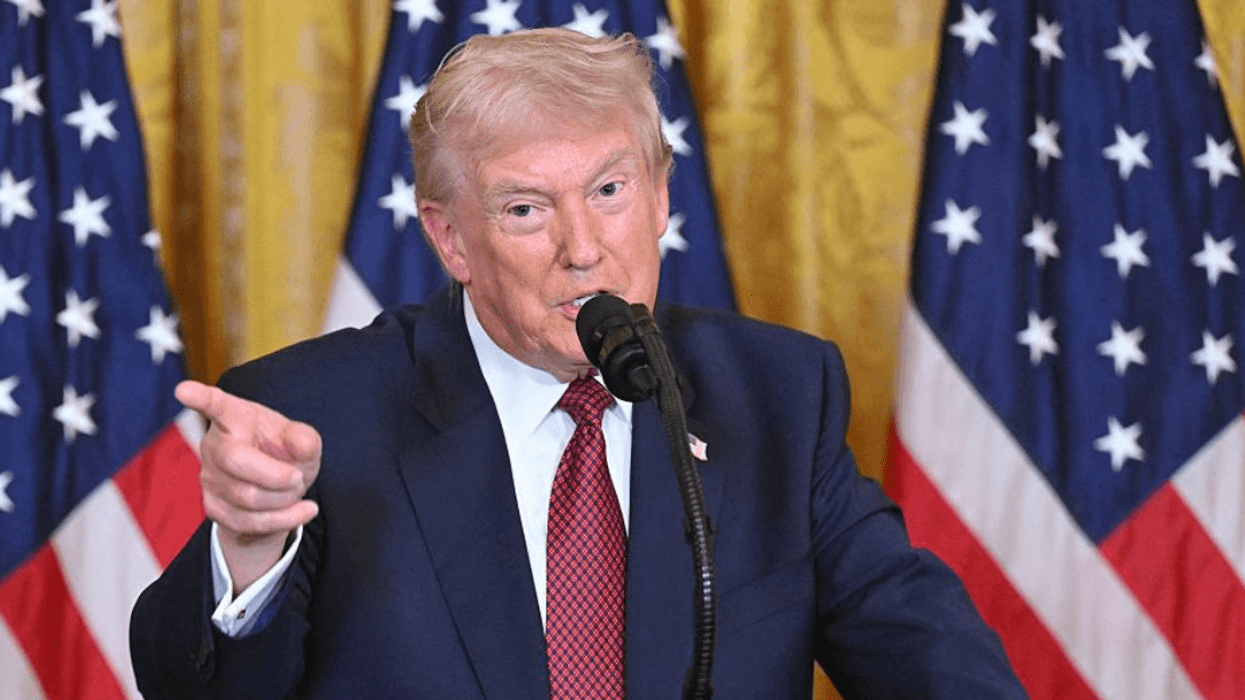Tara Houska of the Couchiching First Nation Anishinaabe/Ojibwe is an environmental activist, attorney fighting for Indigenous land and human rights, former Campaigns Director of Honor the Earth, TED Talk presenter, co-founder of Not Your Mascots and founder of Giniw Collective.
All of those responsibilities require a lot of travel, so Houska is no stranger to airports and how TSA screenings should work.
While Houska may be well known in Indian Country—yes, we in the community call our community that—her familiarity doesn't extend to the public at large.
So when a Transportation Security Administration (TSA) agent decided to make a joke at Houska's expense, they probably had no idea their mocking humiliation of an airline passenger at the Minnesota Saint Paul airport would go any further than herself and the passenger she mocked.
That was the TSA agent's second mistake.
Houska shared the agent's first mistake on social media with her followers on Twitter.
Houska told the TSA agent she was upset by her actions.
Rather than apologize, the woman made the excuse that mocking and humiliating Houska was "just in fun" before complimenting her hair.
We'll call that mistake number three.
Sometimes people make mistakes and behave like a jerk, without knowing they are.
When they find out they've crossed a line, they can sincerely apologize for their hurtful actions or dismiss another's feelings behind the "it's just a joke" excuse.
MSP (Minnesota Saint Paul) Airport responded to Houska's initial tweet to let her know they took her complaint seriously even if the TSA agent did not.
KARE tv station of Minneapolis, Minnesota spoke to Houska about her experience.
Houska made it clear she did not want the woman fired.
Instead Houska asked that it be used as a teaching moment about respecting other cultures. Rather than reprimands and retribution, the Native rights advocate requested education.
One of the respondents to Houska's original tweet captured that important part of the issue.
Houska is Couchiching First Nation Anishinaabe, also referred to as Ojibwe. In Houska's traditions, hair probably doesn't have the same spiritual or cultural meaning as the TSA agent is familiar with.
And touching people of color—especially their hair—without their consent is a real issue.
Speaking from first hand experience, random strangers have either asked to touch my hair or just walked up and touched it for as long as I can remember. When I plait my hair—something I did often when younger—strangers grabbing my plaits was so common I stopped wearing my hair that way in public around strangers.
And yes, my hair is part of my spirit in my culture as well. There are even rules about when I can cut it. Within my own culture, no one should touch another's hair or any part of their body without consent. Growing up with that understanding, strangers grabbing your hair is shocking, humiliating and feels like an assault on your spirit.
TSA reached out to Houska in order to open an investigation.
Houska spoke at length with TIME magazine about the experience and public reaction.
TSA Federal Security Director for Minnesota Cliff Van Leuven sent a message to all employees that was later shared with TIME.
He wrote:
"In the news last night and today you've likely seen – or heard – of a TSA Officer at MSP who was insensitive in screening the long braided hair of a Native American passenger Monday morning."
"Did it actually happen? Yes."
"Exactly as described? Yes."
"Treating the public we are sworn to serve and protect with dignity and respect is our calling – every passenger, every day. We'll learn from this…"
Houska thanked her local TV affiliate, KARE11, and TSA in a tweet.
Houska also asked people to consider other ways that Indigenous people are demeaned by the larger society.
Houska pointed out the question of Native mascots is not a matter of consensus nor can it be dismissed by "my friend is Native and they said it was OK."
She stated, regarding resistance from fans and alumni to eliminating Native mascots in an interview with The New York Times:
"...the next thing I said... was about the misstep of focusing on whether Natives are offended or not. It doesn't matter if I think stereotypes are offensive or not. Stereotypes harm our children, period. That matters far, far more than nostalgic racism."
The American Psychological Association (APA) and American Sociological Association (ASA) are just some of the professional organizations that performed studies proving the use of Native Americans as mascots is harmful.
According to the APA:
"The use of American Indian mascots as symbols in schools and university athletic programs is particularly troubling because schools are places of learning. These mascots are teaching stereotypical, misleading and too often, insulting images of American Indians. These negative lessons are not just affecting American Indian students; they are sending the wrong message to all students."
"Research has shown that the continued use of American Indian mascots, symbols, images and personalities has a negative effect on not only American Indian students but all students by:"
- "Undermining the educational experiences of members of all communities-especially those who have had little or no contact with indigenous peoples."
- "Establishes an unwelcome and often times hostile learning environment for American Indian students that affirms negative images/stereotypes that are promoted in mainstream society."
- "Undermines the ability of American Indian Nations to portray accurate and respectful images of their culture, spirituality and traditions."
- "Presents stereotypical images of American Indians."
- "Is a form of discrimination against American Indian Nations that can lead to negative relations between groups."
In a resolution adopted by the ASA, the organization stated:
"WHEREAS the continued use of Native American nicknames, logos and mascots in sport has been condemned by numerous reputable academic, educational and civil rights organizations, and the vast majority of Native American advocacy organizations, including but not limited to: American Anthropological Association, American Psychological Association, North American Society for the Sociology of Sport, Modern Language Association, United States Commission on Civil Rights, National Association for the Advancement of Colored People, Association of American Indian Affairs, National Congress of American Indians, and National Indian Education Association;"
"NOW, THEREFORE, BE IT RESOLVED, THAT THE AMERICAN SOCIOLOGICAL ASSOCIATION calls for discontinuing the use of Native American nicknames, logos and mascots in sport."
Mascots homogenize the over 560 federally recognized tribes indigenous to the United States in the minds of children and adults alike. Not every tribe wore headdresses or lived in tipis yet those are the images most often seen coast to coast. The fans dressing up in redface also often co-opt sacred symbols of tribes without respect or regard for their meaning.
As Houska stated:
"The racism is real. Doesn't matter if every Native person agrees, stereotypes hurt our kids, period. Shameful."
The National Congress of American Indians produced a commercial to address the continued use of Native mascots.
In 2017, brothers John and Kenn Little ( Standing Rock Sioux) released the documentary More Than A Word.
The teaser for the film, available online, can be seen here.
In addition to her work raising awareness about the impact of Native mascots, Houska does extensive work regarding Native land rights.
For many people in the USA, the centuries long issue came into focus during the stand off between pipeline builders and the Oceti Sakowin people of Standing Rock, North Dakota after an oil pipeline was diverted away from non-Native populations and directly into the tribe's water source.
Houska was asked to create a TED Talk about her experience at Standing Rock and the fight for Indigenous rights.
You can see her TED Talk here:

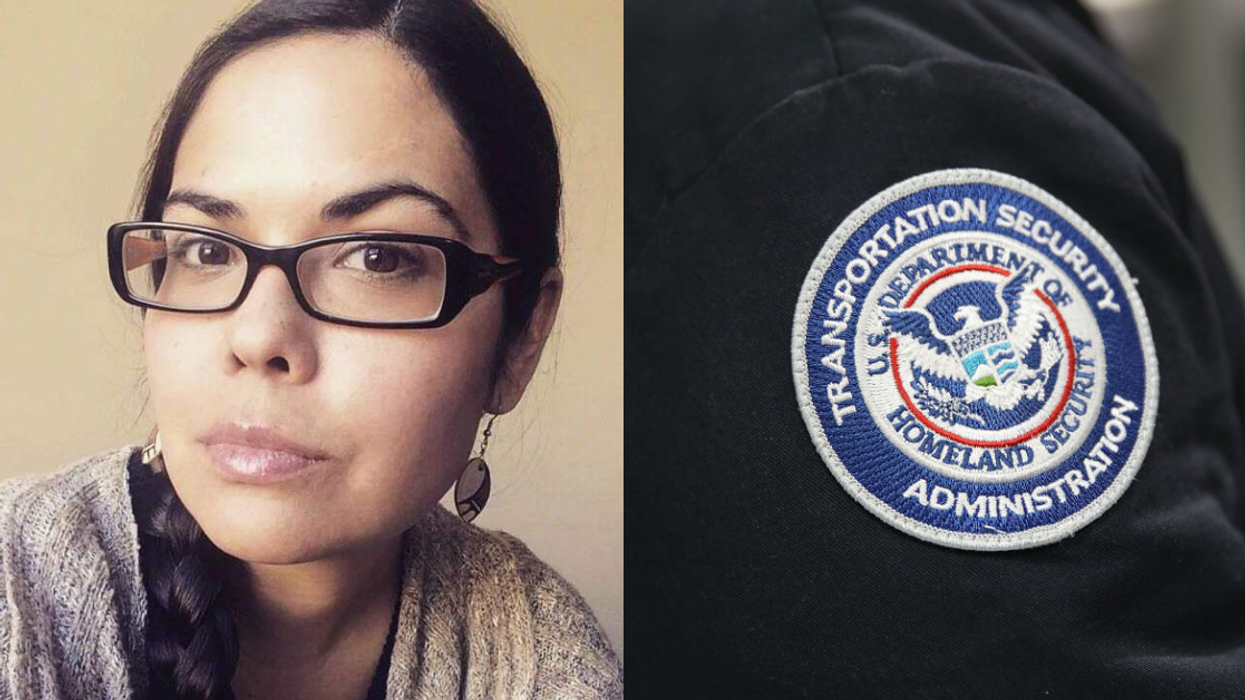

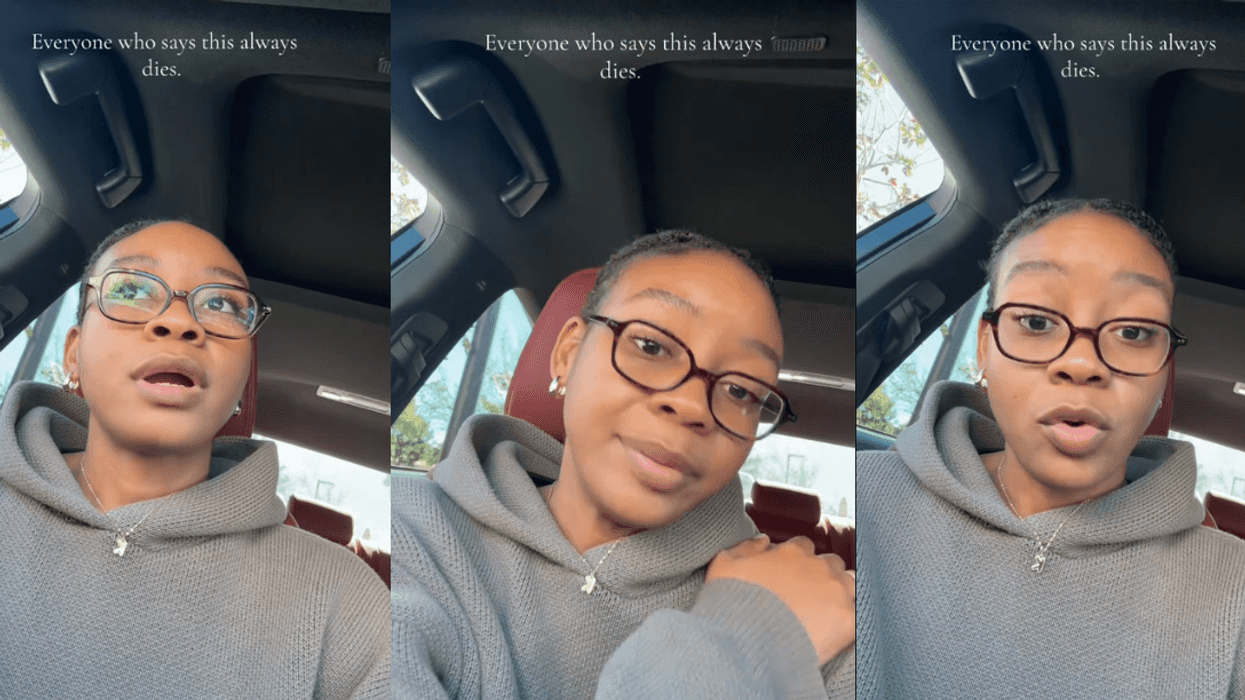
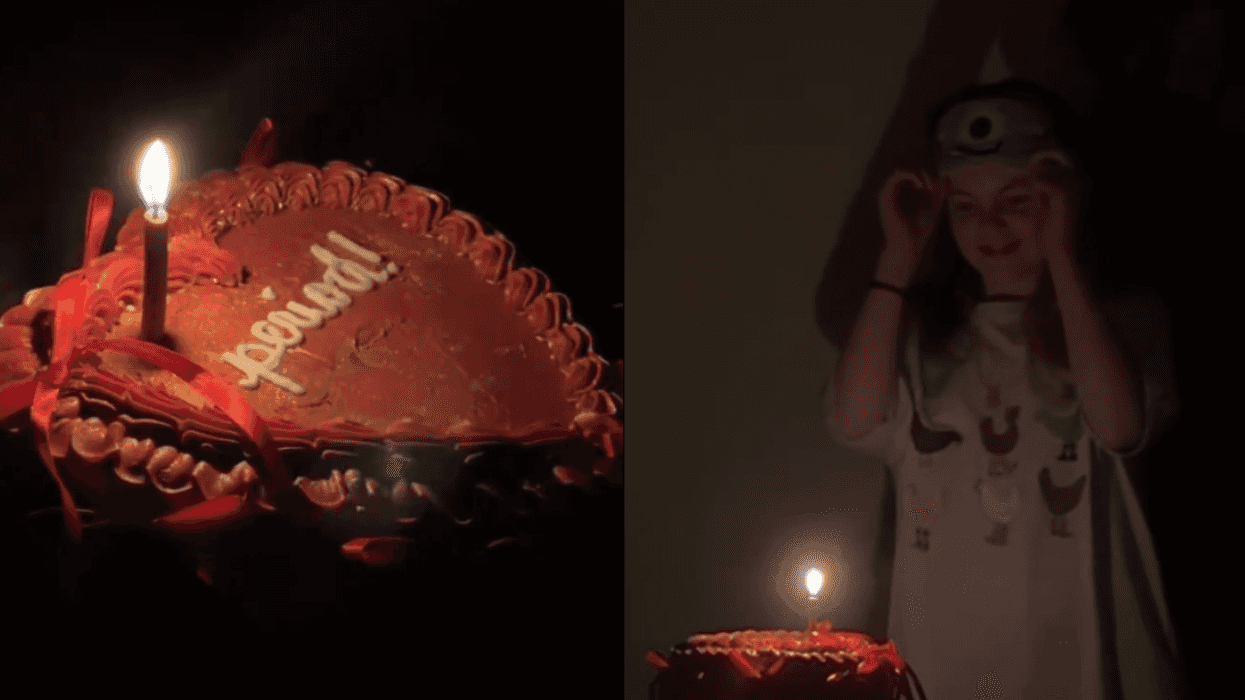
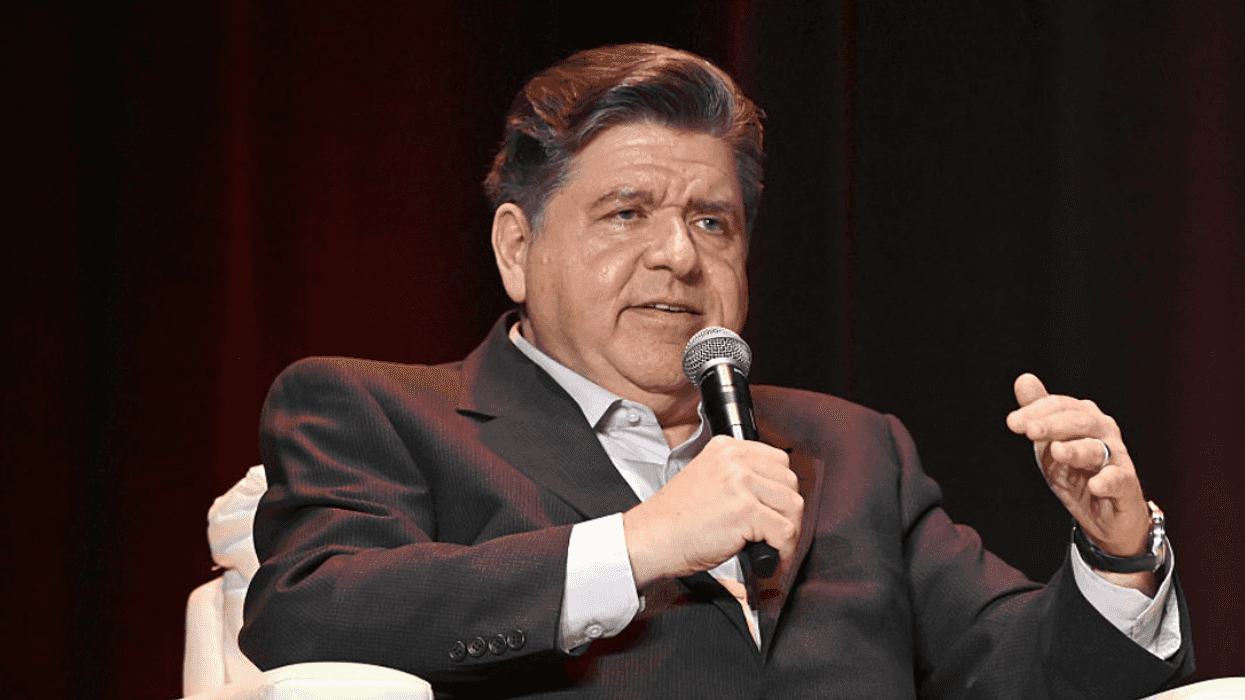
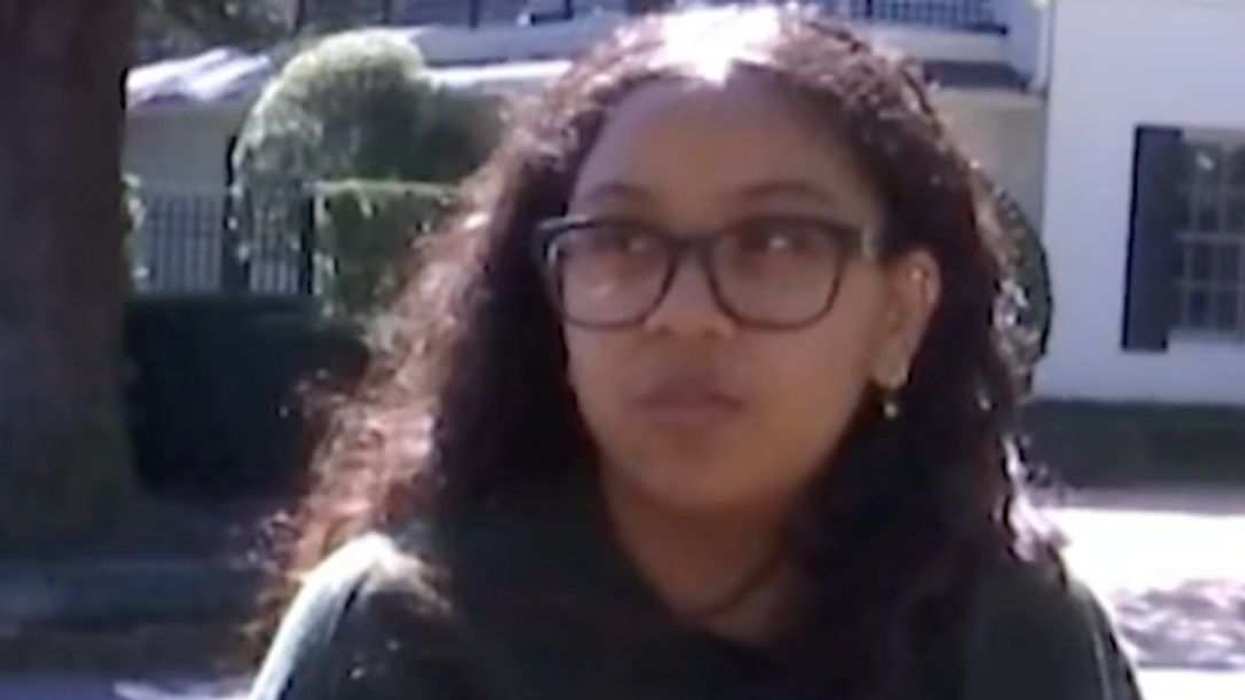
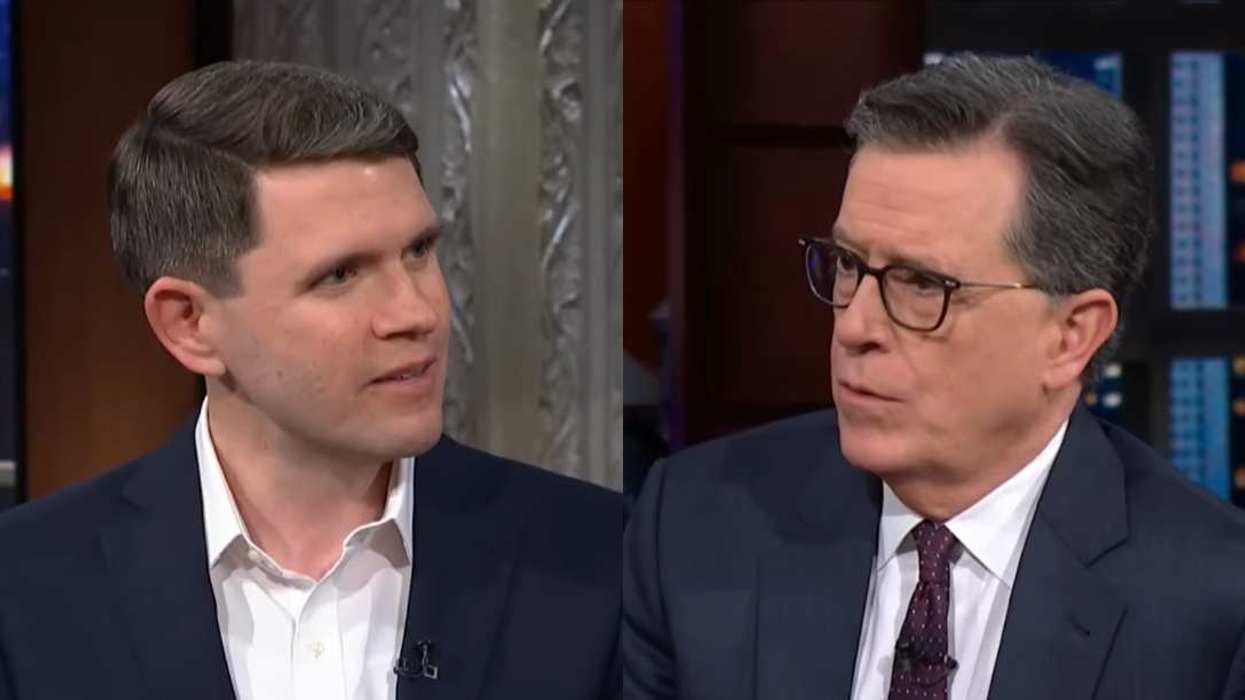





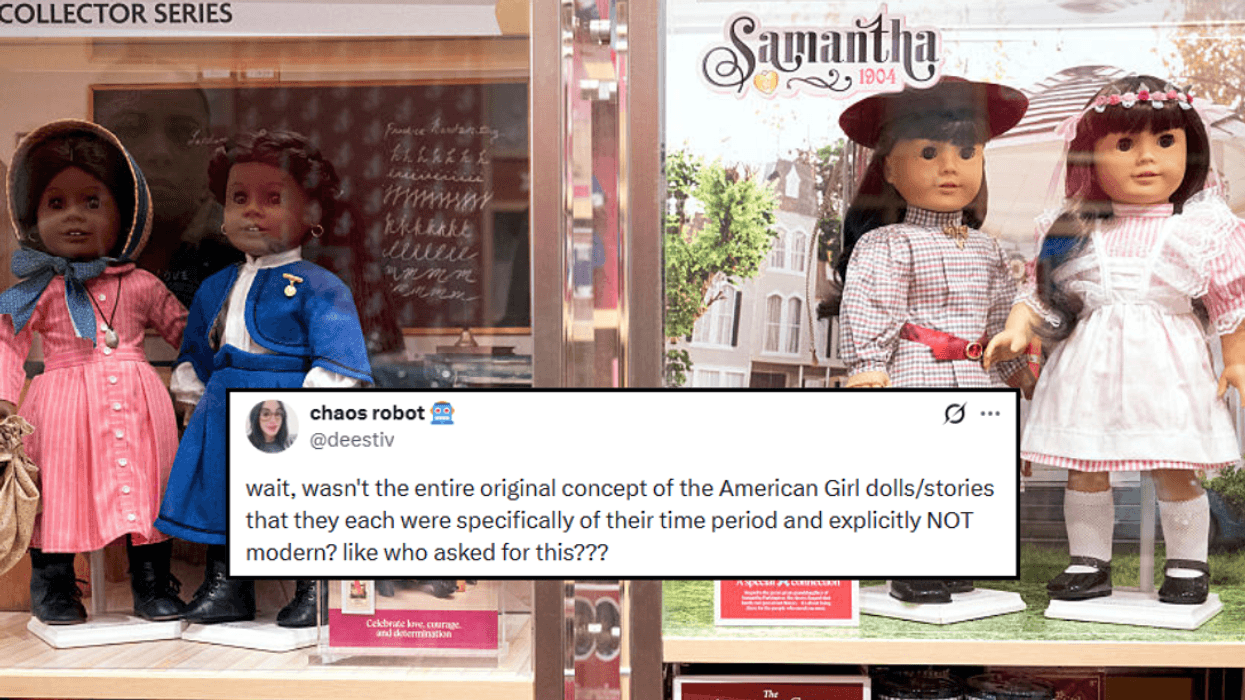
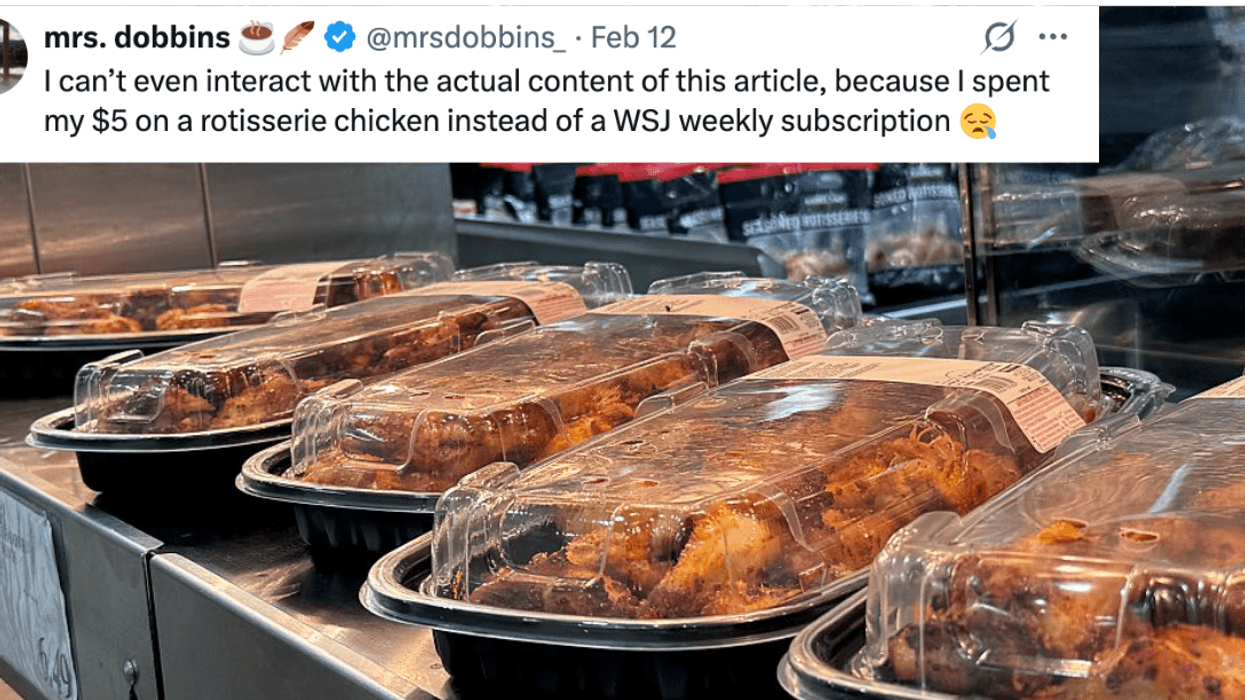
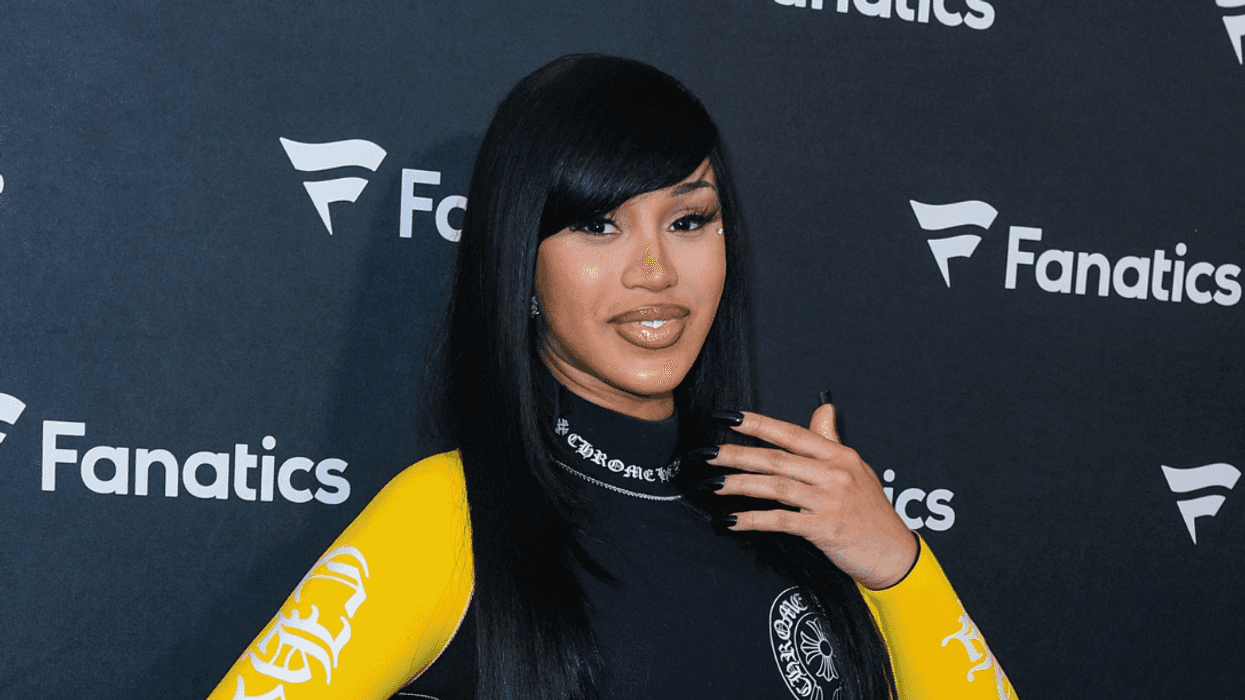
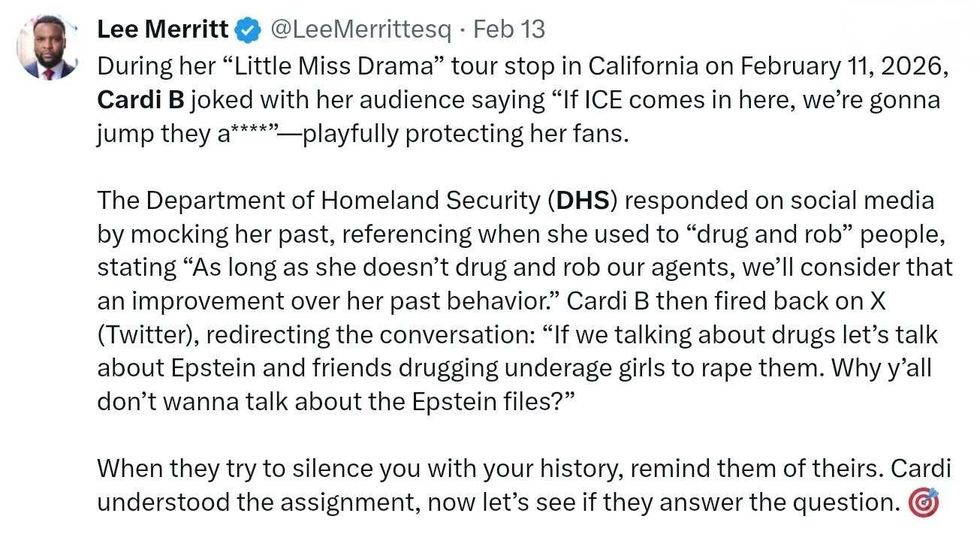 @LeeMerrittesq/X
@LeeMerrittesq/X @bob_moss/X
@bob_moss/X @jelanijones/Bluesky
@jelanijones/Bluesky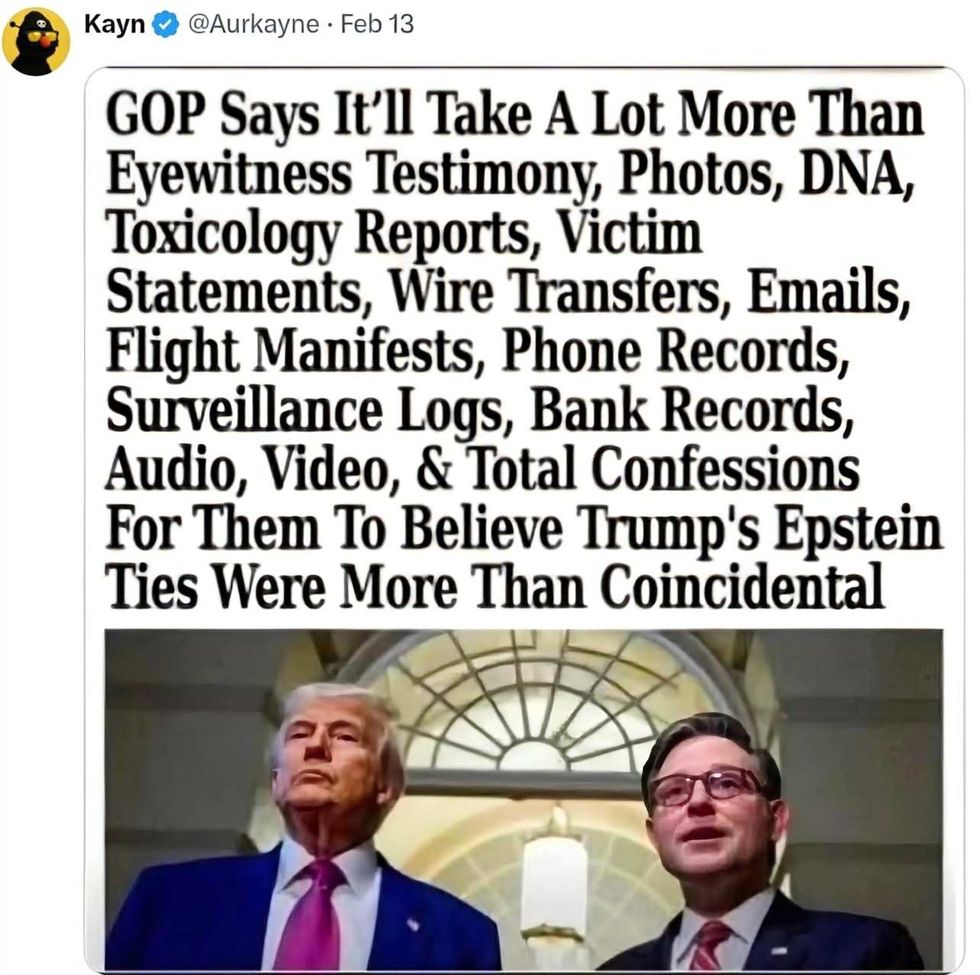 @Aurkayne/X
@Aurkayne/X @sadcommunistdog; @froglok/Bluesky
@sadcommunistdog; @froglok/Bluesky